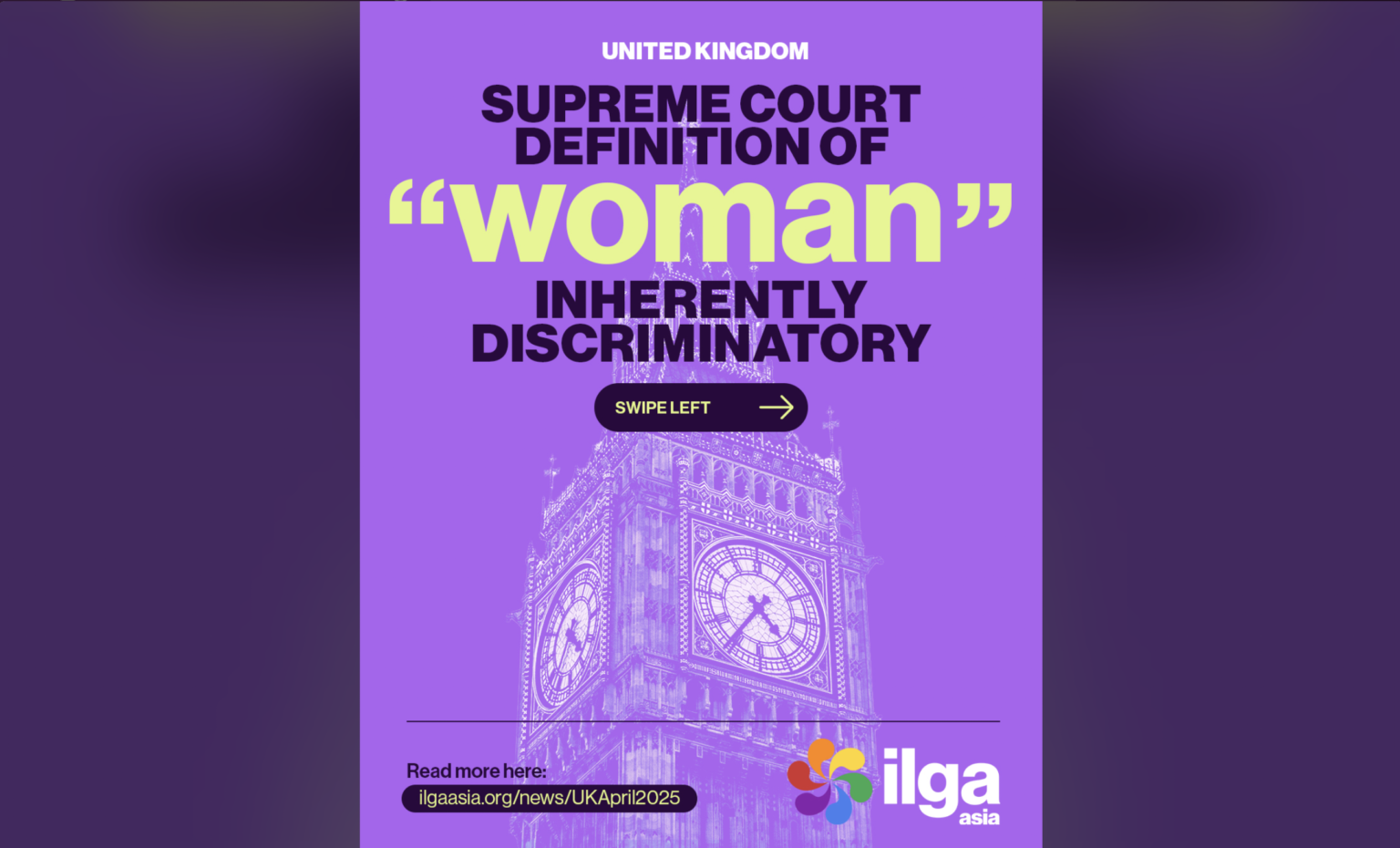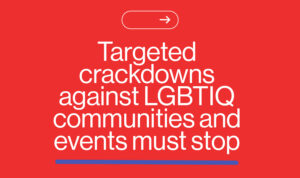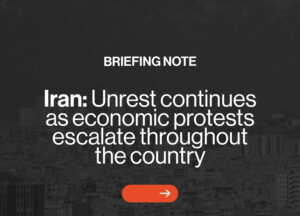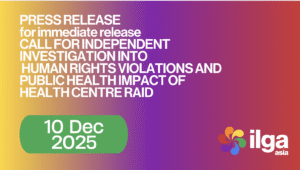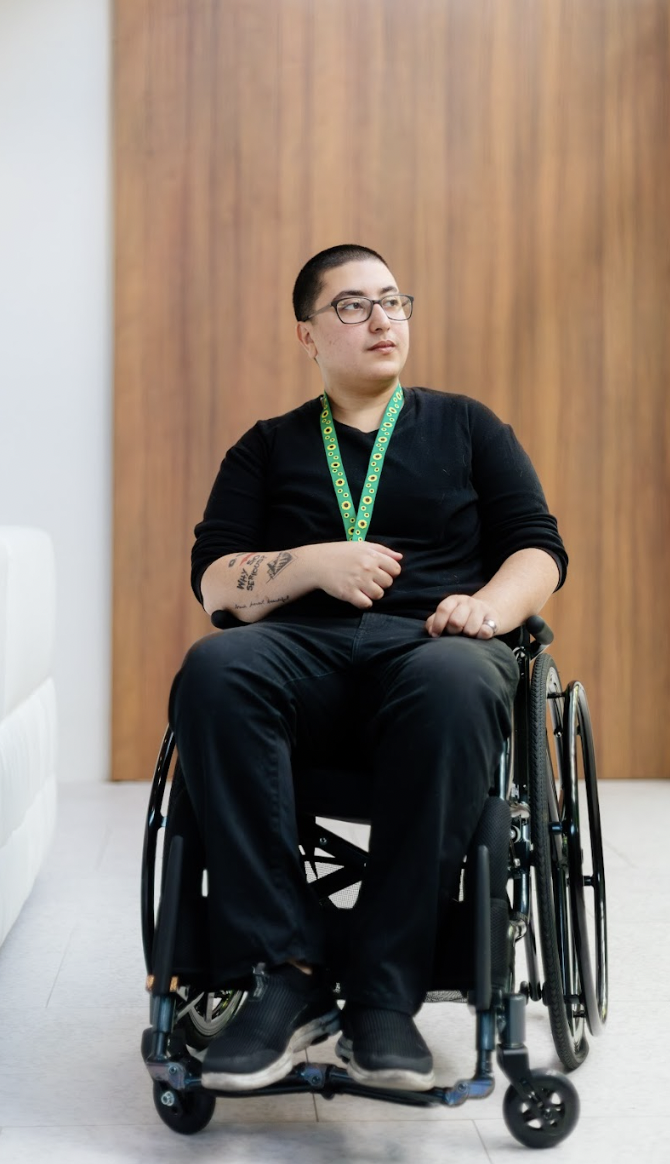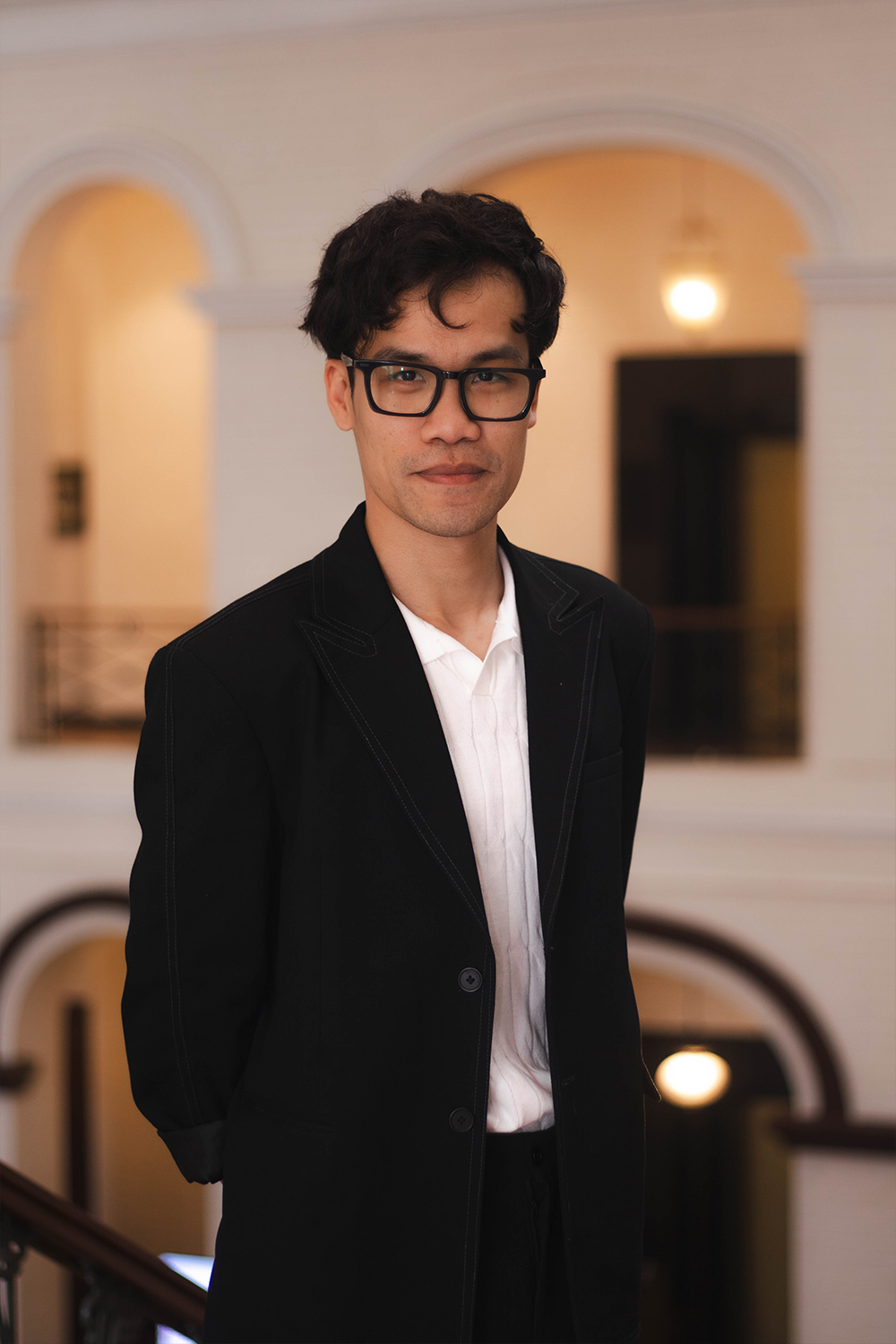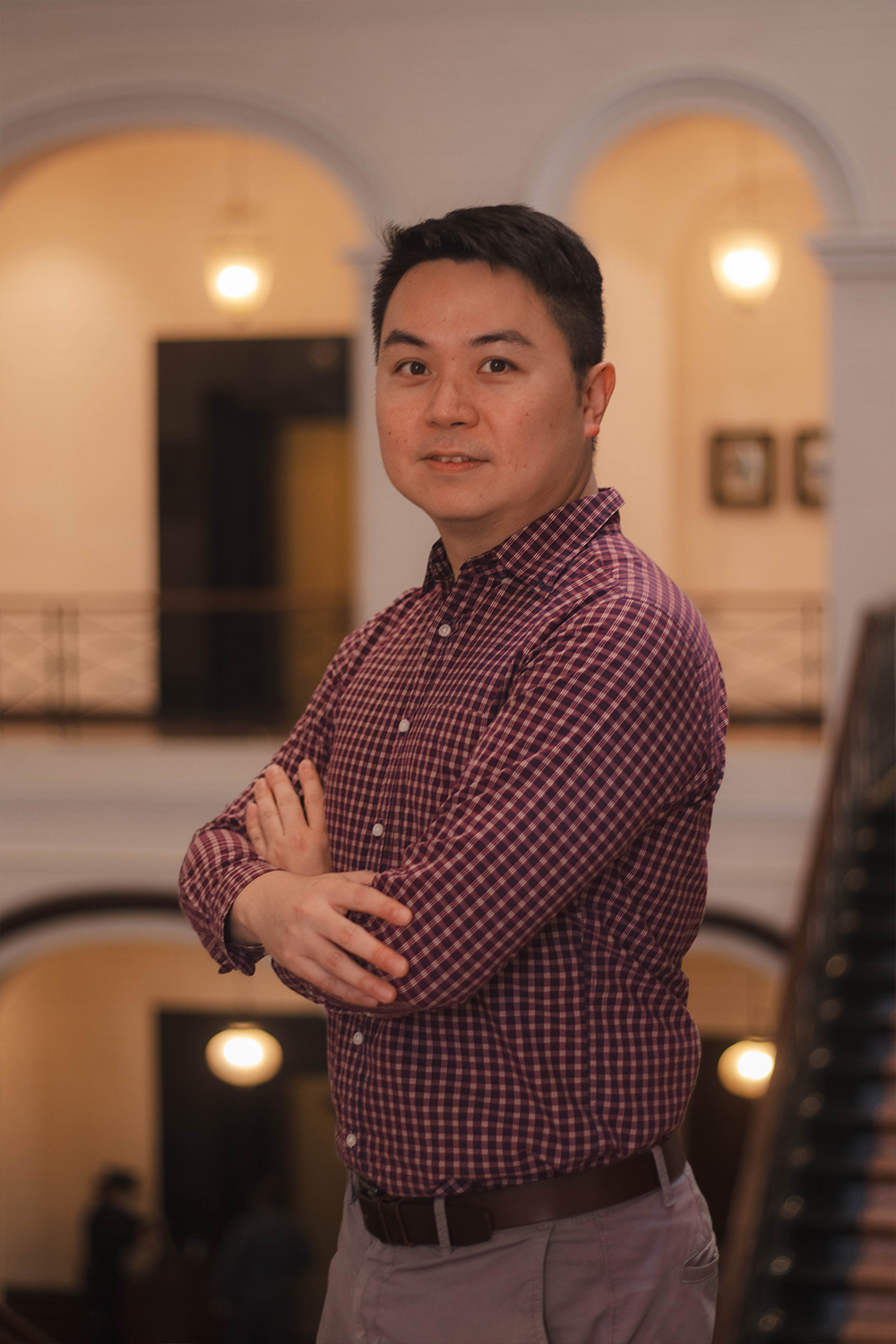On 16 April 2025, in the case of For Women Scotland Ltd v The Scottish Ministers, the United Kingdom Supreme Court ruled that the legal definition of women only applies to “biological women” excluding transgender women from the same rights and protections. ILGA Asia raises grave concerns in the court’s reasoning as well as the judgement which conflate gender identity and expression with sex characteristics, yet fail to explain what these “biological” characteristics entail creating further ambiguity in the definition it seeks to clarify. Any definition of woman that excludes transgender women and women in all their diversities by upholding patriarchal structures and understanding of “sex” will only invite further surveillance into female bodies and exacerbate gender-based violence and discrimination faced by these already marginalized groups. The court’s retroactive reading of the country’s legislation to mean that man and woman have always referred to “biological” definitions of the term sets a harrowing precedent, especially as many other countries across the world still carry vestigial colonial legislations from the British rule.
This reading does not bring coherency into the definition of the term “woman”—it creates further ambiguity. Imposing the gender binary in the legal reading of “man” and “woman” and further limiting it to “biological” traits invalidates gender identities, expressions, and bodies that do not fall under “traditional” gender norms. Furthermore, justifying trans exclusion using pregnancy and maternity leaves benefits is an inherently discriminatory lens towards the legal conceptualization of women by the UK Supreme Court. This judgment does not protect women—it invites undue surveillance and scrutiny into female bodies in the name of creating safe “women-only” spaces. This normalizes the kind of misinformation and harassment campaign Imane Khelif was subjected to during the 2024 Olympics by bringing the same questions into the lives of anyone that publicly identifies and presents as a woman.
While the judgment claims that the transgender people or people with “certificated sex” still have anti-discrimination protections accorded to them, the explicit exclusion of their identity as women and removal from women spaces already compounds direct discrimination and lack of recognition for their gender identity. In taking a narrow protectionist lens to protect the “biological women” there is ambiguity in how assigned female at birth individuals with diverse gender identities and expressions will interact with and be present in these spaces; to quote the judgment, “we do not understand how the interests of this heterogeneous group can begin to be considered and addressed” (para 239). The claim by Lord Patrick Hodge that transgender women with Gender Recognition Certificate (GRC) would possess disproportionate rights erases the reality where hate crimes against transgender people are rising in the UK, and worldwide, especially rooted in the anti-gender narratives and movements.The decision further brings into question the scope, purpose and legality of the GRC itself. The claim that transgender people cannot be discriminated against on the basis of “gender” but only on the basis of “gender reassignment” dilutes the lived realities of transgender people and the different forms of violence and discrimination they face on a day to day basis.
“As a trans woman living in the UK for my PhD, I am really concerned about this recent judgement. Now when we go to the gym, washrooms or any single-gender public places designated for women, we can be thrown out of those spaces. This judgement will be used by the anti-trans forces to discriminate against every trans person, especially targeting trans women, which is going to put our safety and security at stake. It is also funny to note that this judgement would allow trans men, including those who pass as cis male, access to the same female bathrooms and female-only spaces.This makes us realise that safety of women was never their agenda, it is just fueling the hate towards the trans community!” Aisha Mughal, ILGA Asia Co-Chair and Trans representative.
We need to stand up against these harmful narratives that not only erase the struggles of transgender and gender diverse individuals but frame them as a privileged decision to invade gendered spaces. It is critical to push back against policies that dehumanize transgender individuals to enforce rigid gender norms and encroach on everyone’s gender expression. Trans rights are human rights. ILGA Asia expresses solidarity with the protests in London and elsewhere against the decision of the UK Supreme Court and calls for further reexamination into and appeal against this judgment.
“This judgment is a grave regression in the pursuit of gender justice. By narrowing the legal definition of ‘woman’ to ‘biological’ traits—without clarity on what constitutes such biology—the UK Supreme Court reaffirms a framework steeped in patriarchy and colonial legacies. It not only erases the lived realities of transgender women, but also invites increased scrutiny and policing of all female bodies. This is not protection; it is institutionalised exclusion. At a time when the world should be expanding legal recognition to embrace gender diversity, this ruling isolates and endangers those already at the margins. Trans women are women—any legal system that denies this truth undermines the universality of human rights.” Henry Koh, Executive Director at ILGA Asia.
